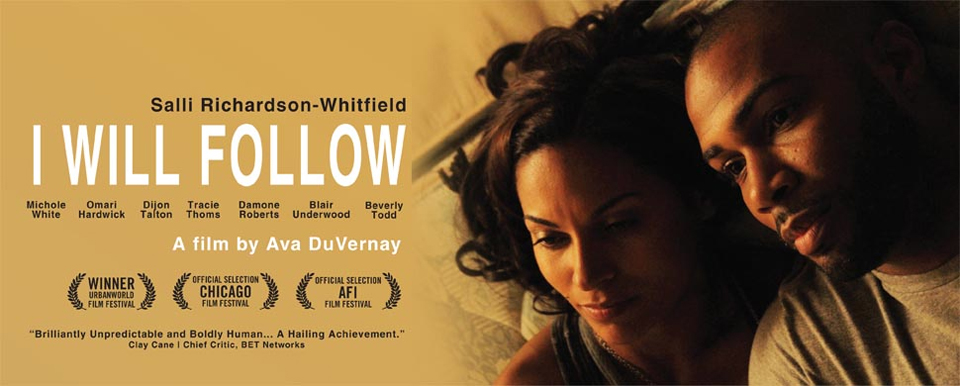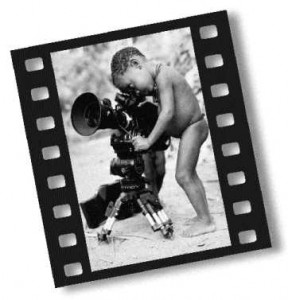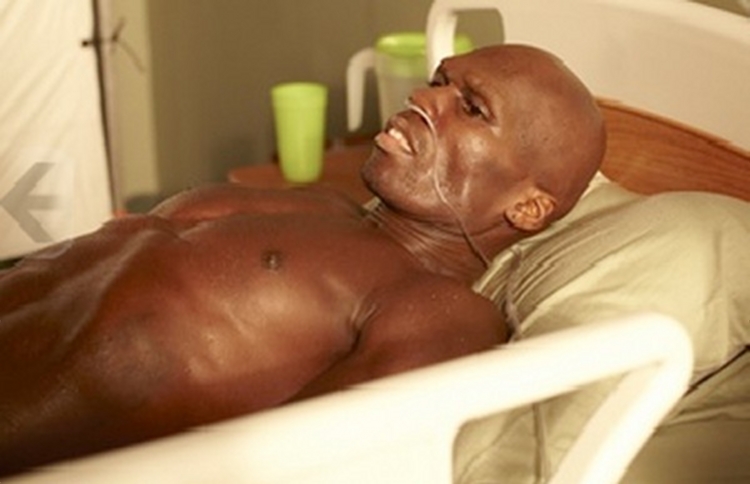I’ve learned that people will forget what you said, people will forget what you did, but people will never forget how you made them feel.
~ Maya Angelou
Sometimes, things happen to us – a particular experience we’ve had – and we want to make a movie about it. Other times, it’s a story that really strikes us that we want people to know about. But when Maya Angelou said you should write a book, she wasn’t talking to everybody! The same can be said of filmmaking.
However, the most abused appeal by some black filmmakers nowadays are the sad experiences they’ve had – very moving ones too – and they simply use that as a basis to demand audience’ sensibilities and hence patronization. The only thing is, most times, they are incompetent filmmakers and their films turn out to be plainly unwatchable.

It’s sad but it happens a whole lot. I watch some bad black movies every now and then, and I come under heat for spelling them out. A black movie, pronounced bad, by anyone, is an act of insensitivity, hell even intolerance, towards the filmmaker. Why does the director’s unique experiences come to play out in how we judge a movie?
I have run into situations where, knowing nothing at all about the director, I have made my usual pronouncements about an awful movie. Mind you these are movies about otherwise intensely sad issues – rape, sickness, poverty, death, etc. – where I was supposed to empathize with the characters. Largely, I rarely even sympathize let alone empathize, because, the movies sway far from their well-meaning intentions.
So I find myself in this dilemma. It is not uncommon to hear filmmakers complain about how critics don’t understand their films. Sometimes the complaints are valid and though there are some general guidelines of criticism, every movie has to be judged on its own merit.
But, if you have seen The Heart Specialist, you would know immediately what I mean by bad movies in 2011. That movie was bad in every spelling of the word. When a movie like The Beaver gets harsh criticism, nobody questions whether it was a well-made film or not. It passes a certain litmus test that warrants a high level of criticism. The critique of a movie like The Help, for example, lies mainly on the decisions made by writer/director in portraying certain situations in a particular way and not the execution.

Other movies like I Will Follow and Jumping The Broom are tricky. Part of it is what I have already been alluding to. How do you tell-it-as-it-is when the story in I Will Follow – about losing a dear aunt to cancer – is the director, Ava Duvernay’s own experience? Honestly, if you weren’t tipped off in advance about this out-of-the-movie information, the movie was a straight-to-DVD. But when you learn about her experiences with her aunt, it is difficult to put the movie into the perspective you need to critique it thoroughly. But why?
It baffles me! Maybe a big part of the reason is that we like to empathize with the directors/storytellers more so than their movies. A movie like Jumping The Broom, was made with great intentions but the incoherent execution was unreasonable. I am sorry but good intentions and for example, tearful experiences, do not translate into good movies automatically. Otherwise we can all cry a pool and make a fantastic film.
I am not going to mince words when I say, All Things Fall Apart was a poor film too, although the intended story may have been formidable – 50 Cent lost his childhood best friend to cancer. I sympathize with the tagline but I reject the movie! It was horrible – as simple as that and let’s stop lying to these directors, especially the black directors. They are building ego in the wrong places – like building muscle in the ears and nose.

So can we call a spade a spade? When Maya Angelou said there is no greater agony than bearing an untold story inside you, she wasn’t talking about everybody, was she? In making a movie, one thing holds water most – people will forget who made the movie, people may even forget what happened in the movie, but people will never forget how the movie made them feel – no matter what. This is the whole truth of it and why the emphasis on judging black films should be placed here and not outside the scope of the film.











No truer words have been spoken!! I wanted to love “I Will Follow” and “Jumping the Broom.” I left the theatre feeling that something had been left out. I think the art of screenwriting is what is truly lost in black films. “Things Fall Apart” was HORRIBLE!! But I understand what they are trying to do. But they need to enlist a script specialist before just doing a movie. (Enough said)
Couldn’t agree more with you Dee! Attention to the script is really the first step – and most of these black movies don’t seem to be taking that very seriously.